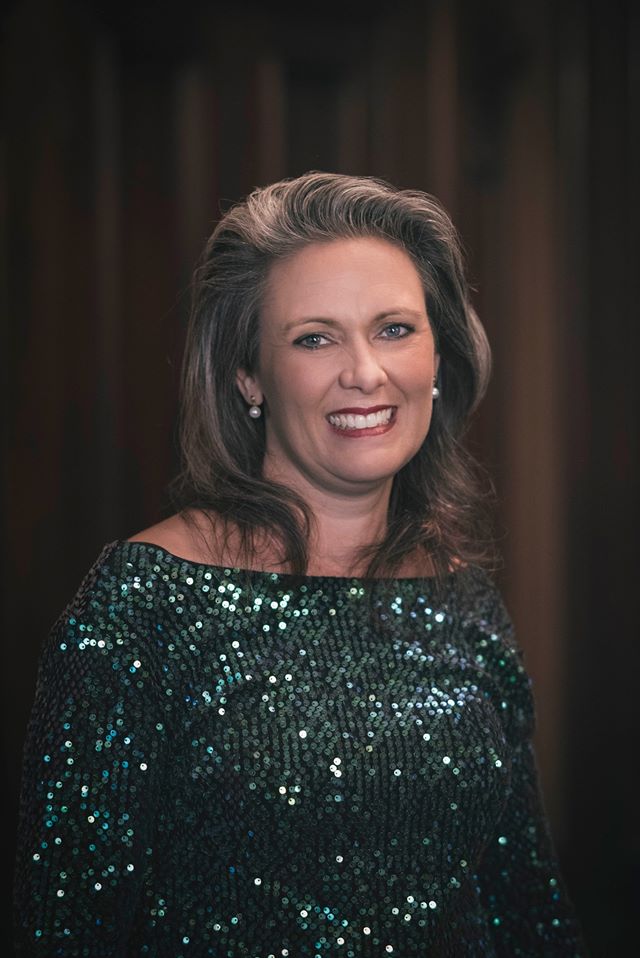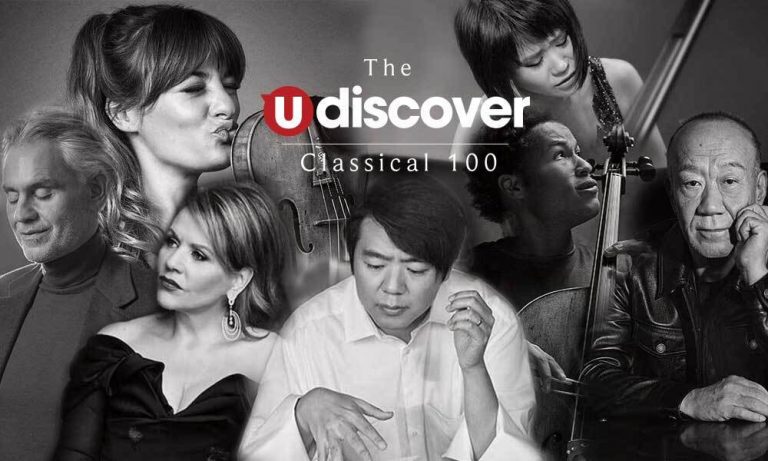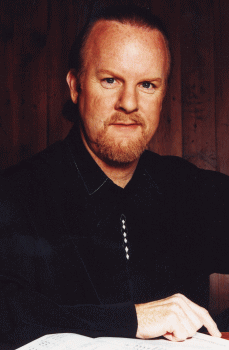Beethoven 250- Impressions: Nicole van Bruggen

This week, Nicole van Bruggen co-artisitic director and principal clarinet with the Australian Romantic & Classical Orchestra (ARCO), shares her insights into her experiences with the music of Beethoven. Originally from Sydney, Nicole studied modern clarinet at the Sydney Conservatorium and won a Queen’s Trust Scholarship to continue her studies abroad. She moved to The Netherlands where she gained a postgraduate degree in historical clarinet and historically informed performance at the Royal Conservatorium in The Hague. Nicole performs throughout the world as a highly respected exponent in historical clarinet, basset horn, basset clarinet and chalumeau. She is committed to music education, especially in the field of historically informed performance (HIP). She returned to Australia in 2012 and now lives on the Sunshine Coast.
SLS: What was your first experience of Beethoven’s music – did you hear it, play it/ and what was your response to it?
NvB:I started playing the clarinet when I was seven so I imagine my very first experience with Beethoven was from a very early age. That is far too long ago now for me to remember!
Many of my most formative and memorable experiences on my path to becoming a professional musician were in chamber music settings. I have two experiences from my early time in Europe which had a significant impact.
The first was the formation of a clarinet trio with fortepianist Anneke Veenhoff and cellist Bas van Hengel directly following our graduation from postgraduate historically-informed performance degrees in Holland. We worked intensively for many years with Beethoven’s Op.11 and Op.38 Clarinet Trios as our core repertoire. As young professional musicians, we explored every nuance we could discover in this intimate chamber music and performed hundreds of concerts throughout Europe. This trio was later renamed Trio Van Hengel, in memory of Bas after he sadly died at the age of 38 of cancer.
The second was at the Festival de Saintes – Abbaye aux Dames in France where I performed Beethoven’s Wind Sextet Op.71, again as a young professional, freshly graduated from the Royal Conservatoire in Den Haag. The wind players had been gathered from countries all over Europe for these performances and it was my first time playing Harmoniemusik with such a high level of wind specialists. It was quite a transformative moment.
During my school years and even as a tertiary student at the Conservatorium in Sydney, we were unfortunately not given the opportunity to perform Beethoven’s symphonic repertoire. This is one of the reasons behind the Australian Romantic & Classical Orchestra’s formation of the youth orchestra program, Young Mannheim Symphonists, where we immerse young musicians in this invaluable repertoire. My youth orchestra experience in Australia was fabulous but I was only ever introduced to the late Romantics and contemporary repertoire which included the full brass and percussion and required a huge string section. It was not until I moved to Holland that I was introduced to Beethoven’s Symphonies as a performer.
SLS: Have you played Beethoven’s music on an instrument other than your main performing medium – your thoughts on the difference/s?
NvB: My main performing medium is the historical clarinet. When I am playing Beethoven, I use clarinets which are exact replicas of Viennese clarinets by Theodore Lotz from ca.1800. Beethoven included the clarinet in all his symphonies in contrast to Haydn and Mozart, for example, who only became acquainted with the instrument later in their lives. I have played Beethoven many times on modern clarinets and the differences are immense. Like Mozart, Beethoven wrote idiosyncratically for wind instruments and had a thorough understanding of the role of each instrument in the orchestra and the tone colours available to them. Many of these nuances and timbres are lost when performing his music on modern clarinet.
SLS: What are your insights into the enduring appeal of his music?
NvB: I have a couple of theories as to why Beethoven is so popular. Obviously, he was one of the master composers of his time. His music plays a significant role in the evolution of the Classical period into the Romantic. In many ways, he was able to make the best of both worlds and he was lucky to be working at a time when concert halls were thriving, concert-going was a fashion and the so-called ‘canon’ of music was being established.
Second, and perhaps more importantly, Beethoven was reluctant to compose what is known as ‘program music’ which is when the music has a narrative, or musically tells a story, as many of his contemporaries were doing. This might be confusing, if you think about the Symphony No.6 Pastoral, for example, but he wrote of this magnificent work that the “whole work can be perceived without description – it is more an expression of feelings rather than tone-painting”. It is precisely because his music conveys meaning through sentiment and feeling and is not prescriptive that it has this enduring appeal to a broad audience.
SLS: Your favourite piece by Beethoven that you have never played?
NvB: I think I have played pretty much all of the orchestral and chamber music which contains clarinet so it could well be a solo piano work or a string quartet. Actually, I did fall in love with the Romance for Violin and Orchestra No. 2, Op. 50 when our orchestra performed it in 2017 with violinist Rachael Beesley as soloist. Otherwise I am really enjoying the Piano Sonata No.15, Op.28 at the moment, recorded by fortepianist Ronald Brautigam to be precise. I also always enjoy his String Quintet in C minor, Op. 104. Favourite music is always hard to choose as it depends on the mood of the moment and which sentiment and feeling I wish to experience. Beethoven offers all of them within his vast repertoire!
SLS: When you can give another live performance again, what is the first of his pieces that you will programme?
NvB: With the Australian Romantic & Classical Orchestra we are mid Beethoven cycle at the moment. We performed the Symphony No.7 in March, just before the lockdown, and have played No.6 and No.5 over the last couple of years. We are really looking forward to programming Beethoven Symphonies No.4 & No.8 as soon as we are able. I have also been invited to perform the Clarinet Trio Op.11 with Daniel Yeadon and Neal Peres da Costa from Ironwood. It may be that chamber music comes back to the concert halls before orchestral depending on the lifting of restrictions. In either case, I can’t wait to get back on stage and Beethoven will be there with me!





